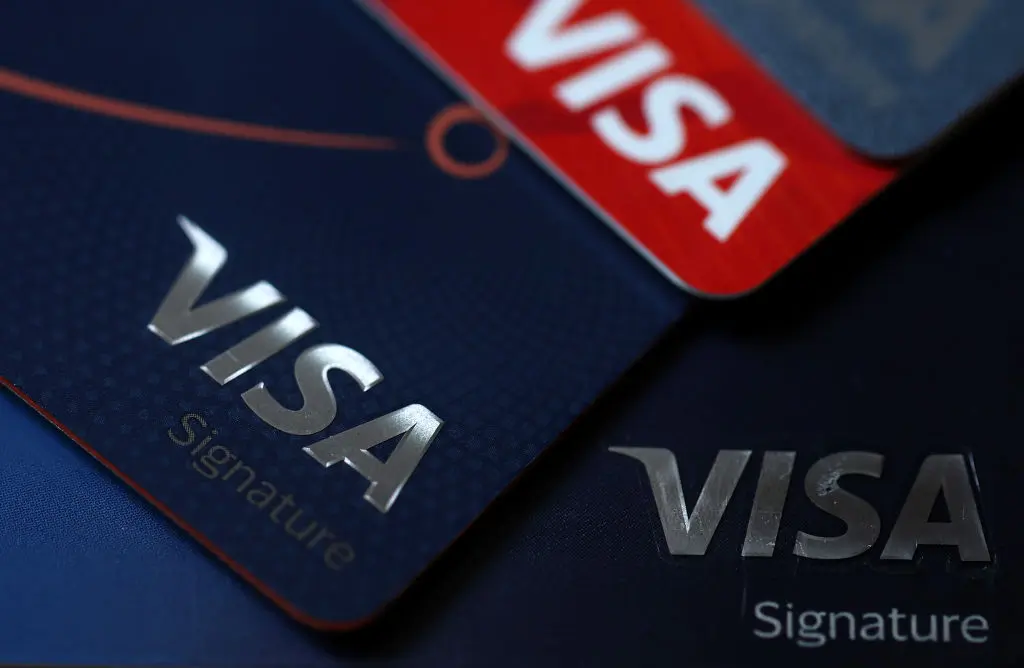

OAN Staff James Meyers
1:22 PM – Monday, December 30, 2024
According to the Financial Times, U.S. credit card defaults increased to their highest level since the start of the 2008 Great Recession, which is a telling sign that lower-income Americans are struggling after dealing with years of high inflation.
Advertisement
Credit card lenders wrote off a staggering $46 billion in seriously delinquent credit card loan balances in the first nine months of this year, which is a 50% increase from the same time period from last year, according to BankRegData.
In the entirety of 2023, banks and retailers wrote off almost $60 billion in all consumer credit card debt. Additionally, Americans’ credit went over $1 trillion for the first time halfway through 2023, and consumers currently have $37 billion on their credit cards that are overdue by one month or longer.
“High-income households are fine, but the bottom third of U.S. consumers are tapped out,” says Mark Zandi, head of Moody’s Analytics. “Their savings rate right now is zero.”
“Consumer spending power has been diminished,” concurs Odysseas Papadimitriou, WalletHub’s head of consumer credit research. “Delinquencies are pointing to more pain ahead.”
According to data from CapitalOne, which is the third-largest credit lender in America, after JPMorgan Chase and Citigroup, revealed its annualized credit card write-off at 6.1% in November, which is up from 5.2% a year ago.
Inflation has left consumers struggling and is part of the reason for the $270 billion rise in credit card balances throughout the past couple years. The Federal Reserve has also left borrowing costs at high levels, as inflation has put consumers in a bind when it comes to managing their money.
Meanwhile, larger balances have resulted in Americans paying $170 billion in credit card interest in the past 12 months, ending in September.
This comes after last week the Federal Reserve hinted that they did not see a reason for cutting the Fed funds rate by 1% point in 2025 but, rather, by 50 basis points, or half a percent.
Additionally, Banks have yet to report their fourth-quarter numbers but early signs are showing that consumers are falling far behind on what they actually owe.
Stay informed! Receive breaking news blasts directly to your inbox for free. Subscribe here. https://www.oann.com/alerts
Advertisements below

